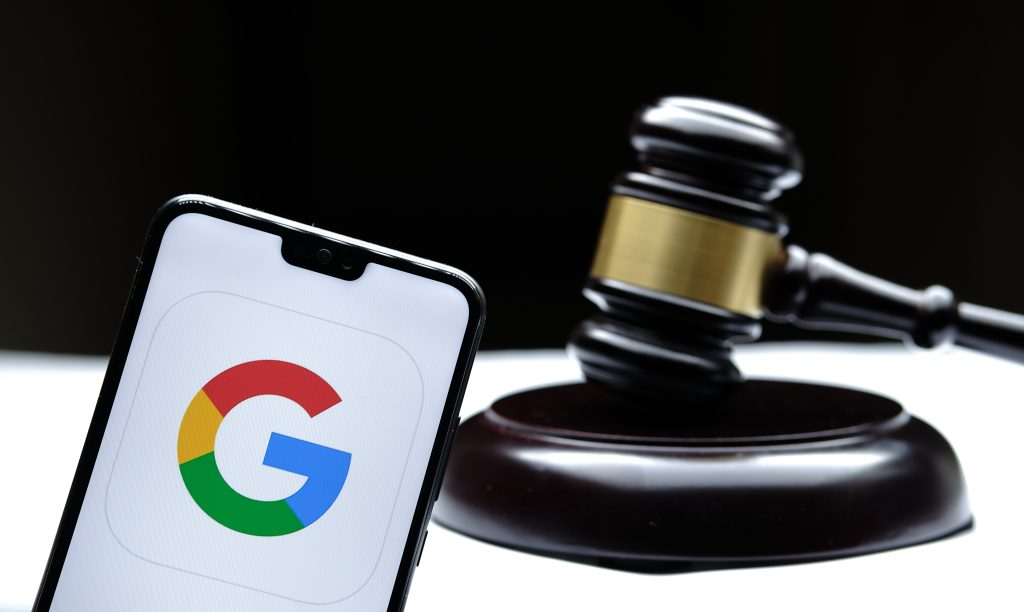On Friday, the Competition and Markets Authority (CMA) issued a statement of objections against Google, alleging that the tech giant’s conduct in the digital advertising sector may be unlawful. The CMA’s investigation has found evidence suggesting that Google’s control over various elements of the online advertising ecosystem could be inflating costs for publishers and stifling competition.
The case is part of a broader international effort to challenge Google’s dominance in digital advertising. Similar investigations are underway in the United States and European Union, reflecting growing concerns about the company’s market power. According to the CMA, Google’s extensive control over both advertising servers and the exchanges where ads are traded allows it to impose higher fees on publishers while disadvantaging rival advertising services.
Juliette Enser, the CMA’s interim executive director of enforcement, emphasized the adverse effects on businesses that rely on digital advertising revenue to provide free or affordable online content. She stressed the necessity of maintaining fair competition to benefit both publishers and advertisers.
The News Media Association (NMA), representing British news organizations, has called for urgent action from the CMA. Owen Meredith, the association’s chief executive, urged the CMA to prioritize investigations into major tech platforms, particularly Google’s search and ad tech operations. “We need the new digital markets regulator to start its work investigating the large tech platforms as quickly as possible,” Meredith stated. He added that creating a level playing field is crucial for fostering genuine competition and growth in the digital economy.
Google, however, disputes the CMA’s claims. Dan Taylor, Google’s vice president of global ads, criticized the charges, asserting that they are based on flawed interpretations of the advertising technology sector. “We disagree with the CMA’s view and we will respond accordingly,” Taylor said.
The CMA has the power to impose fines or mandate changes to Google’s business practices if the accusations are upheld. In the European Union, discussions are underway about potentially breaking up Google to address market imbalances.
Next week, Google will face a trial in the United States over similar anti-monopoly charges brought by the Department of Justice. This follows a recent loss in a separate competition case related to its dominance in the search engine market. As Google prepares to defend its advertising practices in court, the mounting legal pressures highlight the global scrutiny of its market influence.










